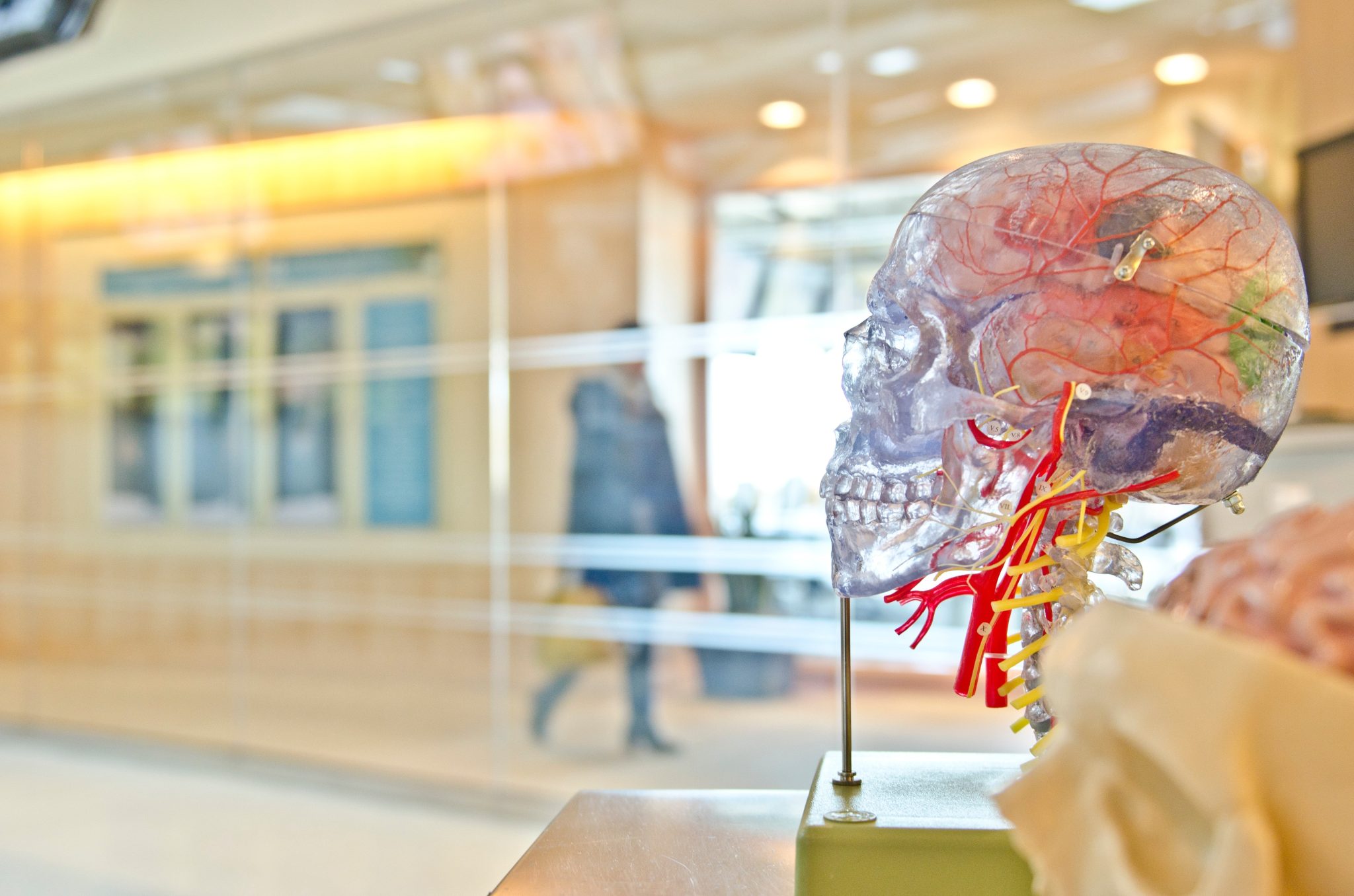When you think of classic duos throughout history, a few essential pairings spring immediately to mind: Lennon and McCartney. Batman and Robin. Peanut butter and jelly. It’s time to add another great combination to that list: your ears and brain.
Hearing & The Brain

We’re betting most people in Iowa, Minnesota and South Dakota believe the ears are mostly responsible for hearing. They do have a role to play, but surprisingly, most of the hard work is performed by the brain. Difficult concept to grasp? Let’s take a look at the hearing process in order to make sense of it all.
The ear is made up of three parts: an outer, middle and inner portion. The outer ear consists of the pinna (the external portion visible to others, where piercings go) and the ear canal. Sound waves enter the ear canal and are funneled to the eardrum, the dividing line between the outer and middle ear. The eardrum is made up of three bones known as the ossicles; these vibrate in response to sound waves striking the eardrum, causing fluid in the semicircular canals of the inner ear to move. This stimulates tiny sensory hair cells in the cochlea to convert the movement into electrical impulses that are transmitted to the brain for processing. The brain makes sense of these random signals, translating them into sounds we can recognize.
Auditory Processing Disorders
Auditory processing disorders occur when the brain is unable to process sounds as it normally would. It isn’t quite the same as hearing loss; many people with APDs can hear sounds fine, but their brains are unable to make sense of what they are hearing. This can occur as the result of aging, structural abnormalities and damage to the hair cells of the cochlea.
Tinnitus – a ringing in the ears experienced by about 20 percent of the U.S. population – may also occur due to changes in the brain resulting from misfiring neurons, which can cause the perception of sound when none is actually present. Exercises designed to “retrain” the brain to interpret sounds correctly are often effective in returning the neurons to their normal state.
If you or a family member are experiencing trouble hearing, we urge you to schedule an appointment with an audiologist. There are many solutions available to help your brain refocus, allowing you to communicate more effectively.